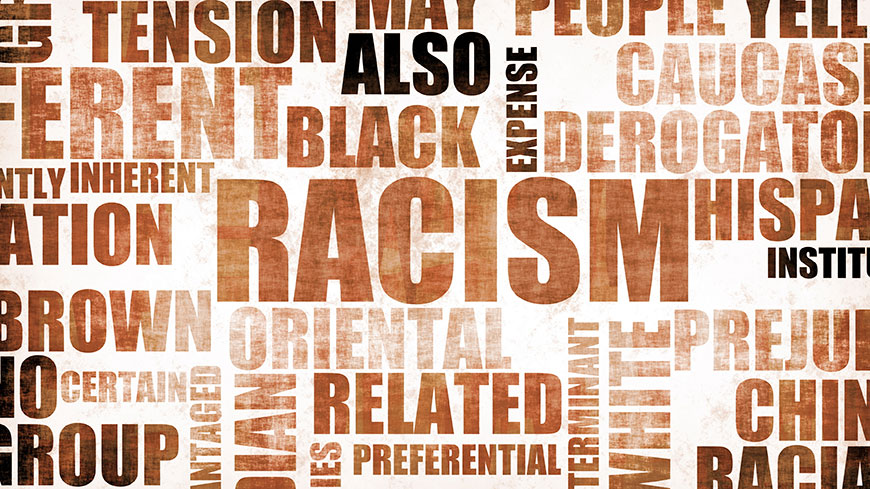A strong surge of nationalistic populism, continued efforts to integrate migrants, and the response of European states to the continued Islamist terror attacks that struck Europe in 2016 were the main developments identified by the Council of Europe’s anti-racism commission (ECRI) in itsannual report published today.
The surge of nationalistic populism was a distinctive feature of 2016. Fears and uncertainties were instrumentalised by nationalistic and xenophobic movements; racist insults and xenophobic hate speech have reached unprecedented levels and entered in many cases the political mainstream.
“The rise of populist politics in today’s Europe is deeply worrying, especially when directed against the minorities, including migrants and refugees,”said Thorbjørn Jagland, Secretary General of the Council of Europe. “I call on all responsible politicians to do everything they can to stop this dangerous trend and to work towards creating inclusive societies.”
The Chairperson of the ECRI, Christian Åhlund, noted the rise of hate speech in political and media discourse: “It is not enough to criminalize hate speech and monitor it; we need to actively counteract it. Internal codes of ethics for media and parliamentarians should foresee sanctions for its use. Political, religious, cultural elites, artists and sports celebrities must actively engage in counter-speech.”
As far as the refugee situation is concerned, the European governments’ focus in 2016 has shifted from receiving and accommodating refugees to planning and facilitating the integration of migrants, as well as protection of unaccompanied minors and encouraging a two-way process of integration. The mobilisation of local residents as volunteers to help migrants was specifically noted in the report.
In response to terrorist attacks in 2016, ECRI notes, European states took strong measures, from reintroducing border controls within Schengen area to declaring a state of emergency. In some cases, forms of ethnic or racial profiling have been observed.
Islamophobia, antisemitism, and homo-and transphobia have been persisting trends, ECRI notes. Women wearing visible religious symbols (headscarves) have been particularly vulnerable. Despite efforts of some countries’ authorities to address the lack of personal identity documents for Roma, they continued to suffer from widespread prejudice, stigma, violence and social exclusion. People of African descent often face racist threats; the problem of football fans’ insults towards Black players has not been solved.
National legislation to combat racism and racial discrimination has not been yet fully implemented by many states. National specialised bodies often lack resources, which is an additional barrier to combatting racism more effectively. Only 20 of the 47 member states of the Council of Europe have ratified Protocol No.12 on a general prohibition of discrimination.
“We are in difficult times, and things are not getting any better,” the Chair of ECRI Christian Åhlund concluded. “The most important thing now is that the countries of the Council of Europe stick together, work in the same direction. The solidarity between the countries is the key to success here.”




















































